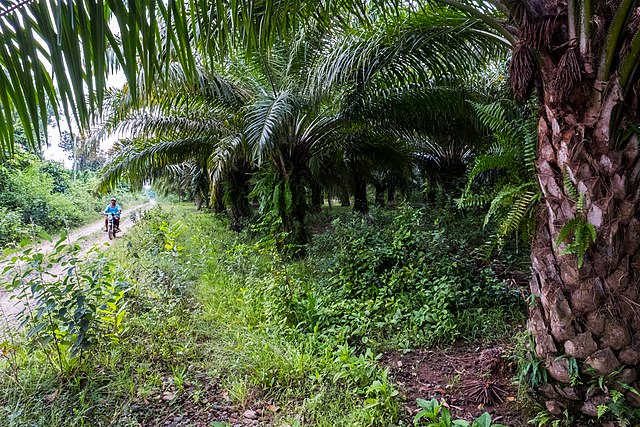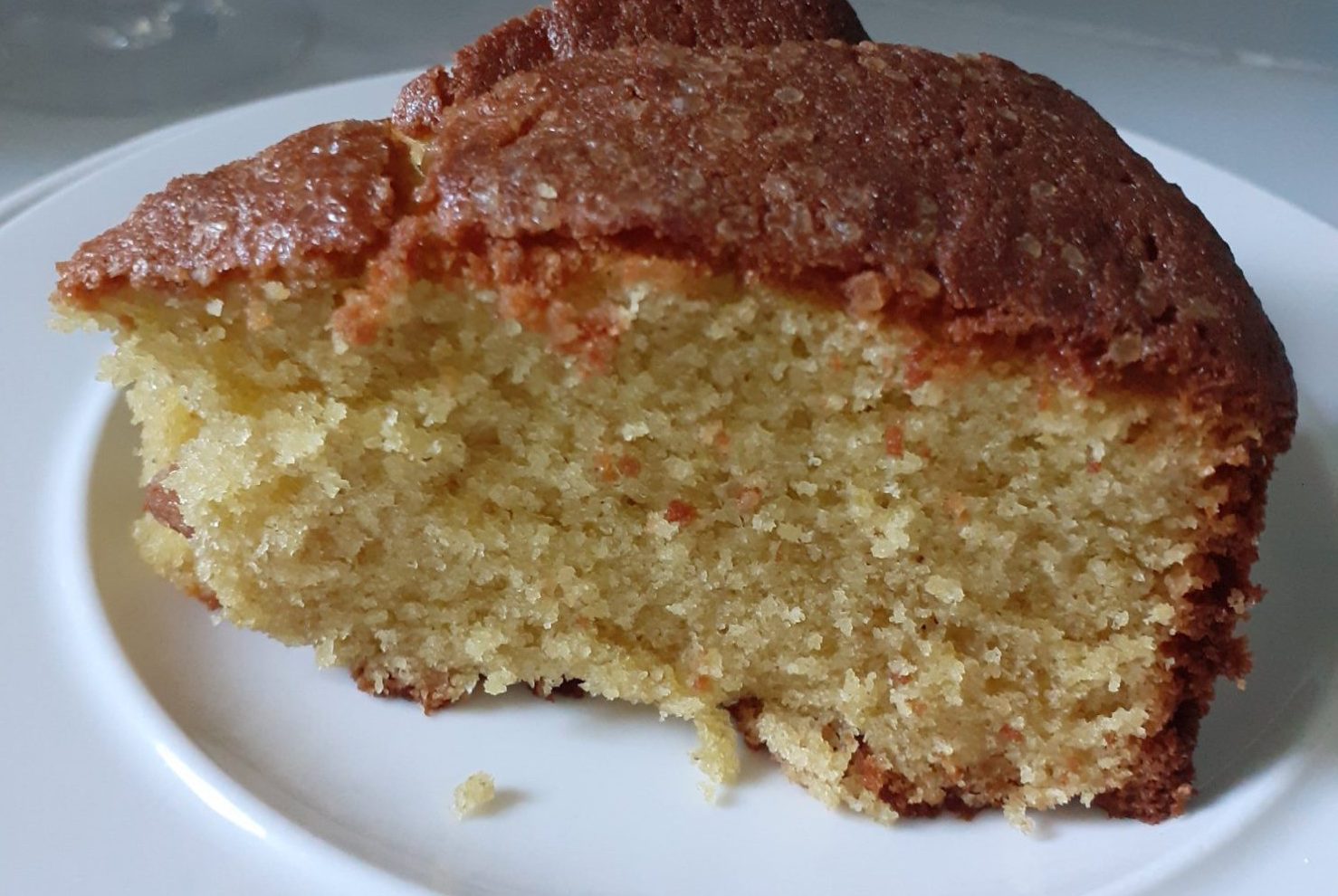Our Purpose
 We’ve all seen hundreds of articles and blogs on food and health, emphasising good nutrition and how your diet can influence the way you look, act and feel. For the most part, those articles are pretty monocultural. They might explore ideas of ‘fusion food’, to incorporate tastes and flavours from different cultural roots. But they don’t look at the cultural and health traditions associated with different global communities. Nor do they look in any depth at the different ingredients and cooking methods used in different cultural communities. Rather, they tend towards ‘cultural appropriation, picking out ingredients for their ‘fusion flavours’ and incorporating them into Western European culinary practices.
We’ve all seen hundreds of articles and blogs on food and health, emphasising good nutrition and how your diet can influence the way you look, act and feel. For the most part, those articles are pretty monocultural. They might explore ideas of ‘fusion food’, to incorporate tastes and flavours from different cultural roots. But they don’t look at the cultural and health traditions associated with different global communities. Nor do they look in any depth at the different ingredients and cooking methods used in different cultural communities. Rather, they tend towards ‘cultural appropriation, picking out ingredients for their ‘fusion flavours’ and incorporating them into Western European culinary practices.
Why We’re Different
In this blog-based website, we’ve tried to do something a bit different. We’ve looked at healthy, environmentally-sustainable food from a UK viewpoint, but also from a West African viewpoint. This throws up some interesting contrasts. And in some cases, contradictions. Why the UK and West Africa? That’s simply the background of the three contributors (so far). You can find more about them on the ‘About Us’ page. Our West African contributor is called Dinachi, which is the origin of the name of this site.
 One example here is palm oil. Here in the UK, we generally have a negative view of palm oil, with good reason. Palm oil we see in food is grown in areas of cleared rainforest, in unsustainable conditions that minimise biodiversity. It’s often said that there’s no such thing as sustainable palm oil, which is arguably true. This palm oil is heavily processed, deodorised and bleached product from these big plantations. But in Africa, the raw, cold-pressed red palm oil is usually grown in sustainable, traditional farms. The cold-pressed oil has greater health benefits too (see our blog post on oils and fats for more information). But here in the UK, unprocessed red palm oil is hard to find. Another example is the use of African herbs for medicinal purposes, which is widespread in Africa as a substitute for ‘western medicine’, simply because most people can’t afford the pharmaceutical products and antibiotics that we in the UK depend on, and get for free on the NHS.
One example here is palm oil. Here in the UK, we generally have a negative view of palm oil, with good reason. Palm oil we see in food is grown in areas of cleared rainforest, in unsustainable conditions that minimise biodiversity. It’s often said that there’s no such thing as sustainable palm oil, which is arguably true. This palm oil is heavily processed, deodorised and bleached product from these big plantations. But in Africa, the raw, cold-pressed red palm oil is usually grown in sustainable, traditional farms. The cold-pressed oil has greater health benefits too (see our blog post on oils and fats for more information). But here in the UK, unprocessed red palm oil is hard to find. Another example is the use of African herbs for medicinal purposes, which is widespread in Africa as a substitute for ‘western medicine’, simply because most people can’t afford the pharmaceutical products and antibiotics that we in the UK depend on, and get for free on the NHS.
Growing Your Own
An Evidence-Based Approach
 In exploring the culinary and health practices of the UK and West Africa, we’ve attempted, wherever possible, to take a science-based approach. We have cited original research, and have used that to derive original recipes. We’ve done this, for example, in recipes for very low fat cakes. When it comes to looking at traditional African herbal healthcare recipes, that’s a bit more difficult. Very little objective research has been done on their efficacy. The main evidence for whether they work comes from popular use, and traditional recipes that are often centuries old. Where we’re making claims for the effects of a herb such as bitter leaf, for example, we’ve made it clear that such claims are based on traditional practices, rather than scientific evidence. So perhaps take these with a pinch of salt – although in the case of bitter leaf, that will probably make it taste even worse …
In exploring the culinary and health practices of the UK and West Africa, we’ve attempted, wherever possible, to take a science-based approach. We have cited original research, and have used that to derive original recipes. We’ve done this, for example, in recipes for very low fat cakes. When it comes to looking at traditional African herbal healthcare recipes, that’s a bit more difficult. Very little objective research has been done on their efficacy. The main evidence for whether they work comes from popular use, and traditional recipes that are often centuries old. Where we’re making claims for the effects of a herb such as bitter leaf, for example, we’ve made it clear that such claims are based on traditional practices, rather than scientific evidence. So perhaps take these with a pinch of salt – although in the case of bitter leaf, that will probably make it taste even worse …
But Does It Taste Good?
 The purpose of these articles overall is to present a different and original take on healthy eating, using a mixture of evidence-based science, cultural tradition, and plain old experimentation and a ‘does it taste nice?’ approach. Along with posts about nutrition, there are plenty of healthy recipes too. And just in case that all sounds rather too austere and self-denying, there are a few truly indulgent recipes thrown in too. We’ll just make you aware of how truly indulgent they are – use sparingly!
The purpose of these articles overall is to present a different and original take on healthy eating, using a mixture of evidence-based science, cultural tradition, and plain old experimentation and a ‘does it taste nice?’ approach. Along with posts about nutrition, there are plenty of healthy recipes too. And just in case that all sounds rather too austere and self-denying, there are a few truly indulgent recipes thrown in too. We’ll just make you aware of how truly indulgent they are – use sparingly!
Oh, and in an attempt to ‘monetise’ the site (awful word), we have included Amazon links to some of the hard-to-find products we mention in our recipes and other articles. If you click on them and buy, we get a tiny bit of money. But if you can buy them locally, at local shops, please do that instead. Support your local economies. Minimise your carbon footprint wherever possible.
So that’s it – read the articles, try out the recipes, even set up a vegetable plot from the ‘grow your own’ series. You can comment on any of the blog articles. Do let us know if you try the recipes, and how they turned out. But nothing offensive please. It’s all moderated before it appears, so you’d be wasting your time. Or you can contact us via the contact page.
Enjoy the site, and happy, healthy, tasty eating!